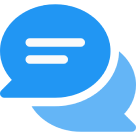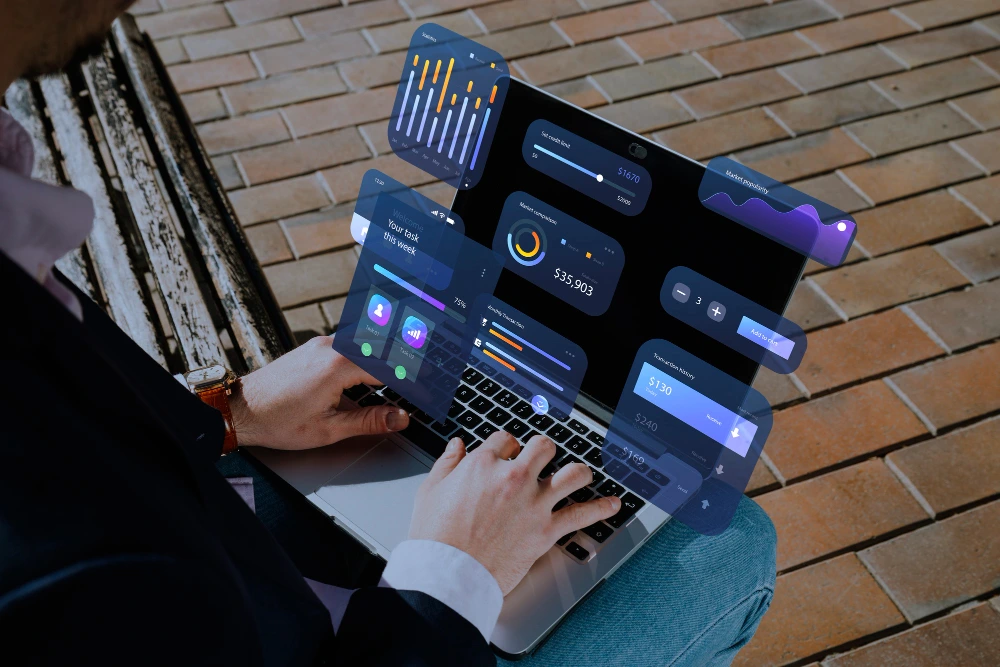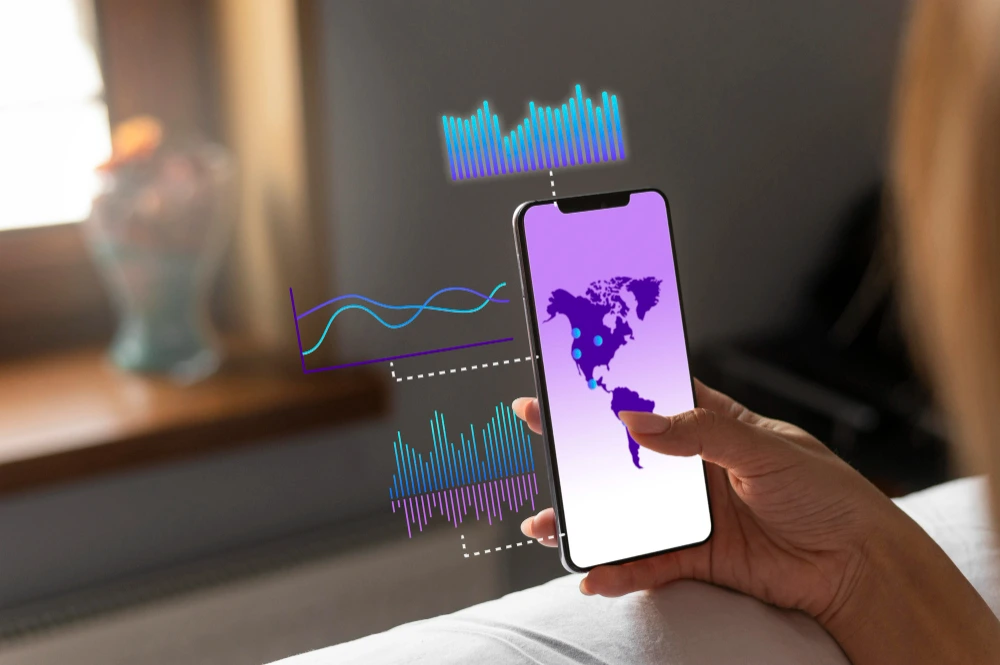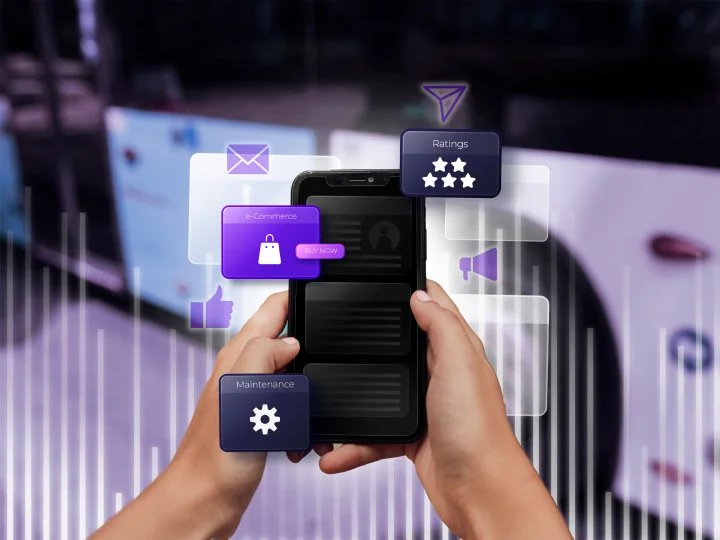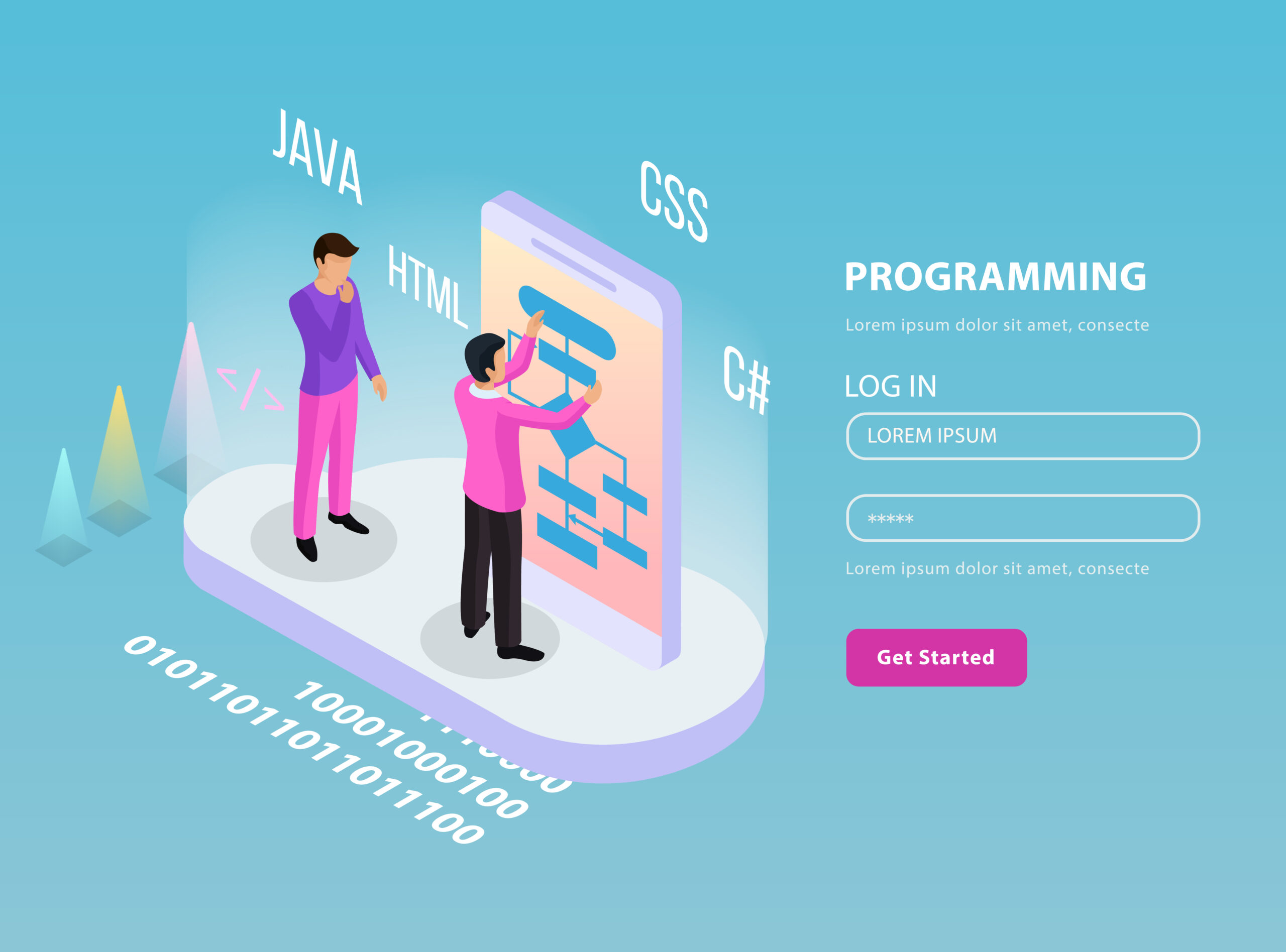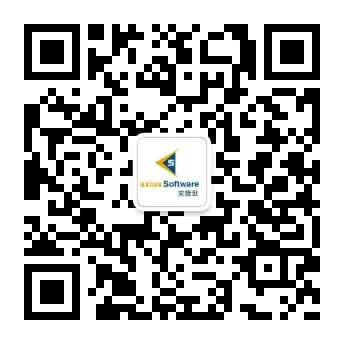
Human Resources, once rooted in compliance and administration, has evolved into a core strategic function—responsible for shaping workforce capability, culture, and organizational resilience. In the face of economic uncertainty, hybrid workforces, and shifting employee expectations, the need for intelligent, responsive, and scalable HR systems has never been greater.
Artificial Intelligence (AI) is emerging as a transformative force—not just optimizing tasks, but redefining how organizations engage with people. AI is no longer a future promise; it’s a present-day reality that is quietly reshaping the HR landscape, enhancing decision-making across the full employee lifecycle: from hiring and onboarding to development, performance, and even retirement.
Transforming the Complete HR Lifecycle: From Smart Talent Acquisition to Meaningful Retirement
Intelligence at the Interview Table
The journey begins before a candidate even applies. AI enables organizations to write more inclusive job descriptions, recommend optimal posting channels, and predict candidate pool diversity based on location and historical success. Once applications arrive, AI parses resumes using contextual analysis, filtering candidates based not just on keywords but on nuanced assessments of transferable skills and inferred competencies.
For first-round interviews, AI-driven video platforms assess speech cadence, tone, and facial expressions to provide objective insights. These tools are particularly effective at reducing subjective bias in early screenings.
A case study with Unbiasly:
When axiusSoftware partnered with Unbiasly, the goal was to mitigate unconscious bias in interview evaluations. By anonymizing candidate data and assessing responses using structured, AI-powered models, the system provided hiring panels with purely merit-based scoring—enhancing both fairness and decision quality across diverse industries.
A Seamless, Personalized Onboarding Experience
Once a candidate transitions into an employee, the onboarding process begins—an often overlooked but critical moment in shaping long-term engagement. AI-driven onboarding platforms offer more than just digital checklists; they personalize learning content based on job role, function, location, and even personality traits derived from assessments.
Conversational AI agents guide new hires through documentation, compliance, and policy education, while also answering frequently asked questions. The system adapts as the employee interacts, identifying knowledge gaps and adjusting recommendations in real time. Managers are nudged when their attention is required, creating a sense of support that scales without burdening HR teams.
Dynamic Learning and Development
AI also plays a transformative role in Learning and Development (L&D). By analyzing performance data, project histories, and career aspirations, AI-powered platforms recommend targeted training paths. Employees receive personalized upskilling content—ranging from technical courses to soft skills modules—delivered through the right format (video, simulation, microlearning) based on their preferences and learning behavior.
This not only drives continuous learning, but also improves training ROI. Organizations gain visibility into skill gaps at a departmental or organizational level, allowing proactive workforce planning.
Performance and Feedback in Real Time
Traditional performance reviews often suffer from infrequency, recency bias, and a lack of contextual relevance. AI addresses this by continuously aggregating data—from goal tracking tools, peer feedback systems, and project management software—to offer dynamic performance snapshots.
Managers can identify top performers, spot stagnation early, and deliver timely coaching. Moreover, employees gain visibility into their own progress, with AI recommending specific actions to improve alignment, collaboration, and impact. This continuous loop promotes a growth mindset and reduces the anxiety surrounding annual appraisals.
Employee Engagement and Well-Being
AI enhances employee engagement strategies by offering ongoing sentiment analysis. By scanning anonymized data from emails, collaboration tools, surveys, and HR touchpoints, AI can detect early signs of disengagement, stress, or dissatisfaction.
HR teams are alerted to friction points—whether it’s workload imbalances, team conflicts, or unmet development expectations—allowing for timely, empathetic interventions. This not only improves employee morale but also reduces absenteeism and turnover.
Chatbots and virtual HR assistants also enhance the day-to-day employee experience. Whether it’s checking leave balances, updating personal information, or clarifying policy doubts, AI agents provide instant support—freeing HR teams to focus on strategic initiatives.
Attrition Risk Management
Attrition is expensive—both financially and culturally. AI models can now predict employee turnover risk with surprising accuracy by analyzing dozens of subtle indicators: reduced participation in meetings, drop-in learning activity, change in feedback tone, or lack of progression in projects.
These predictive insights enable proactive retention strategies—like manager check-ins, re-engagement initiatives, or workload adjustments—before the resignation letter lands on the desk.
Retirement and Knowledge Transfer
Even the offboarding and retirement phases can benefit from AI. As employees prepare to exit, AI helps identify critical knowledge repositories, suggests mentorship pairings for transfer of expertise, and supports digital documentation of institutional memory.
In industries where domain knowledge is a competitive advantage, this structured transition mitigates business continuity risk and strengthens organizational learning.
Implementing AI in HR: Strategic Considerations for Enterprises
While the promise of AI in HR is compelling, its success depends entirely on thoughtful and structured implementation. AI is not a plug-and-play solution—it must be introduced with intention, business alignment, and a readiness to evolve existing workflows and mindsets.
Align AI with Business and HR Strategy
The deployment of AI should begin with a clear articulation of purpose. Is the priority to reduce hiring lead time? Improve workforce diversity? Enhance learning effectiveness? Reduce attrition? AI implementation must be guided by these strategic objectives, ensuring that every tool or platform deployed is solving a defined problem—not creating complexity for its own sake.
Without alignment to broader HR and business goals, AI risks becoming another underutilized system in the digital toolkit.
Create a Unified, Interoperable Ecosystem
One of the most common implementation pitfalls lies in siloed data. AI thrives on access to comprehensive, real-time, and cross-functional information. Therefore, HR leaders must prioritize integration across the entire technology stack—linking HRIS (Human Resource Information Systems), ATS (Applicant Tracking Systems), LMS (Learning Management Systems), payroll software, and communication platforms.
When data flows seamlessly, AI models can generate accurate, actionable insights that connect the dots between recruitment, development, engagement, and retention.
Start Small, Measure Often, Scale Intelligently
Large-scale AI transformation need not be immediate. Enterprises should begin with controlled pilot projects—such as AI-assisted resume screening in a single business unit or predictive attrition modeling in one region. These early initiatives help identify technical dependencies, surface change management needs, and allow for performance benchmarking.
Key metrics—like cost per hire, training completion rates, or manager feedback—should be established up front to guide evaluation. If successful, pilots can then be scaled methodically, minimizing risk and building organizational confidence.
Build Digital Fluency Across HR Teams
Introducing AI requires more than just technical deployment—it demands cultural readiness. HR professionals must be trained not only to use AI tools, but to interpret and apply the insights responsibly. This includes understanding the limitations of algorithmic models, knowing when to override or question AI recommendations, and ensuring decisions are made in a way that aligns with ethical, legal, and organizational values.
Ultimately, the goal is not to replace human judgment, but to elevate it.
Focus on Efficiency and Value Creation
When thoughtfully implemented, AI solutions yield tangible operational savings. Reduced recruitment costs, decreased time-to-productivity, improved learning outcomes, and lower attrition all translate to measurable returns. However, the real value lies in repositioning HR from an administrative center to a strategic engine—freeing up human capacity to focus on culture, leadership, and workforce transformation.
Future Outlook: Where AI in HR Is Heading
The role of AI in Human Resources is still unfolding, but its trajectory points toward deeper intelligence, greater personalization, and more profound integration into the core of workforce strategy.
Hyper-Personalized Work Experiences
In the near future, AI will help orchestrate employee journeys that are continuously tailored—shaped by real-time feedback, evolving roles, and individual aspirations. Onboarding flows will adapt minute-to-minute based on engagement signals. Learning modules will be served based on contextual performance. Even benefits and well-being programs will be dynamically configured to suit an individual’s lifestyle, goals, and stress levels.
This shift from process standardization to experience personalization marks a radical redefinition of employee engagement—and one that only AI can enable at scale.
AI-Driven Leadership Development and Talent Forecasting
Leadership potential is no longer judged solely by tenure or performance ratings. AI will increasingly identify emerging leaders through behavioral data, communication analysis, and situational performance patterns. These insights will feed into succession planning, high-potential pipelines, and bespoke leadership development programs.
Additionally, as labor markets evolve, AI will help forecast future talent needs based on industry trends, competitor movement, and internal performance analytics—giving HR a predictive edge in talent acquisition and capability building.
Intelligent Organizational Design
AI will also play a growing role in how teams and organizations are structured. By analyzing collaboration patterns, skill networks, and performance clusters, AI can suggest more effective team compositions, optimal reporting lines, and even recommend new role archetypes that better reflect real work being done.
This will allow organizations to become more adaptive—responding not just to business shifts, but to internal dynamics in near real-time.
Governance, Transparency, and Trust
As AI’s influence grows, so does the scrutiny around how it is applied. In the future, organizations will be held to higher standards of algorithmic transparency, fairness, and accountability. Governance frameworks will become a board-level responsibility—defining how AI decisions are audited, how bias is identified and corrected, and how employees are informed about the role AI plays in decisions that affect them.
Trust will become a differentiator—not just for employees, but for employer brand, regulatory compliance, and long-term sustainability.
The Rise of “Cognitive HR”
Perhaps most significantly, we are witnessing the emergence of what some call Cognitive HR—a function powered by real-time insights, dynamic systems, and a continuous feedback loop between data, decisions, and outcomes. In this model, HR is not just responsive—it is anticipatory.
Rather than reacting to turnover, HR predicts and prevents it. Rather than rolling out one-size-fits-all programs, it delivers curated experiences. Rather than managing performance after the fact, it enables performance as it happens.
Artificial Intelligence is not replacing the human element in Human Resources—it is magnifying it. By enriching each touchpoint in the employee lifecycle with intelligence, personalization, and foresight, AI empowers HR professionals to lead with clarity, precision, and empathy.
The work done by axiusSoftware in collaboration with Unbiasly underscores this potential—proving that AI can simultaneously elevate operational efficiency and improve fairness in hiring practices. As AI tools mature and ethical frameworks evolve, the future of HR lies not in resisting change, but in embracing a model where human insight and artificial intelligence co-create better outcomes—for employees, for organizations, and for society.
